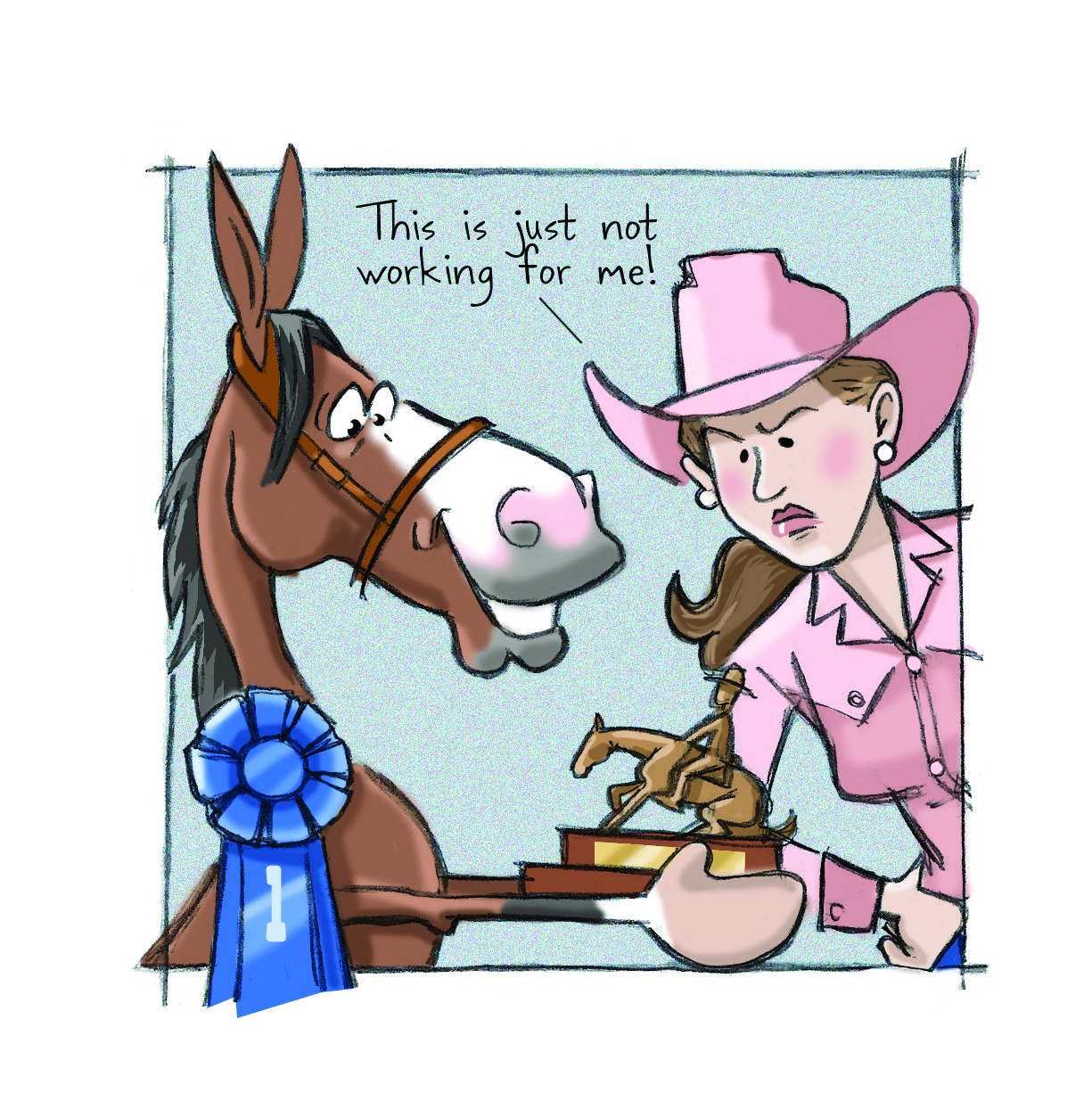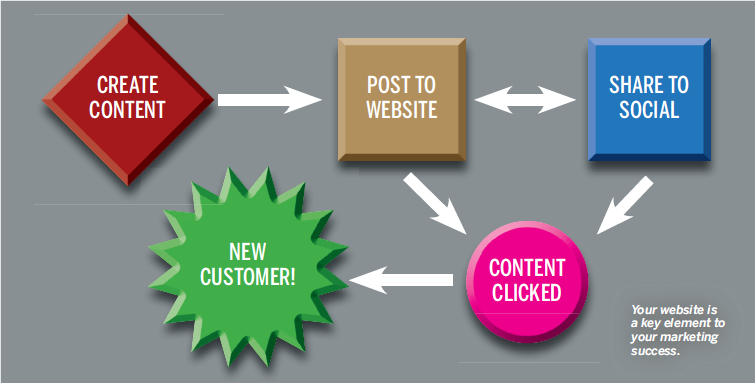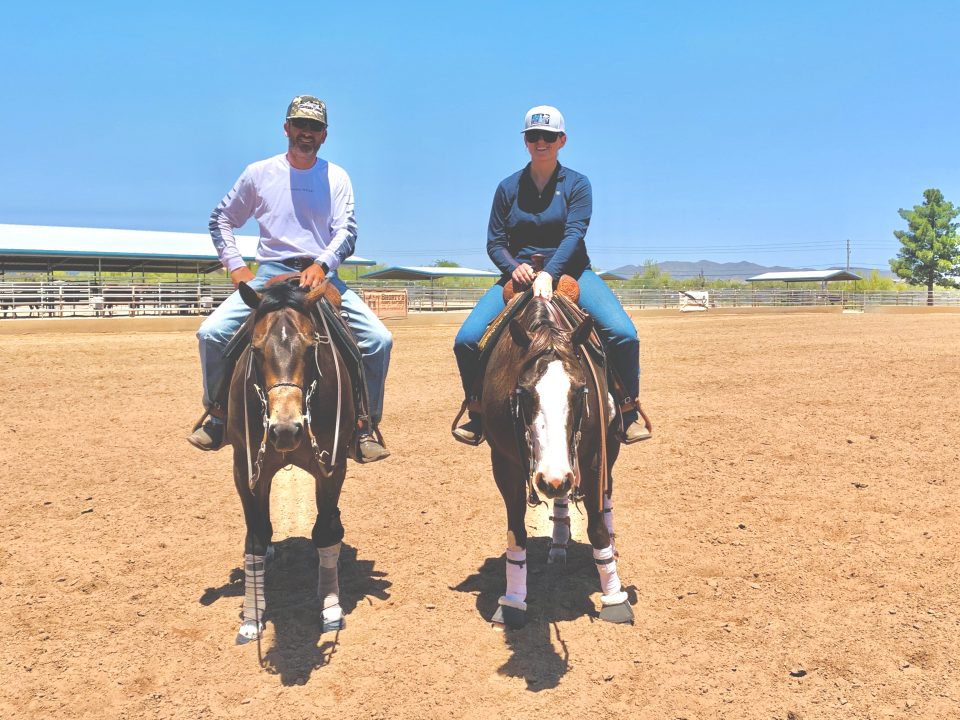Learn to handle the five most common client-trainer conflicts.
By Kelley Forseth, With Alexis Bennett

Dinners; long days and nights at shows; and hours of exchanges about the horse, performances, life, and riding often blur the lines between what’s professional and what’s personal with trainers and clients. When something goes wrong, it can make it difficult to confront the issue because you don’t want to change the relationship. Conflict and difficult conversations never get easier, but you can get better at handling them.
In this series, I’ll analyze five common trainer/client conflicts and the reactions you might have to them, from least and most desirable. Aim for the best response possible when dealing with clients, and know that sometimes it’s not always achievable. They are:
Part 4: Better-Than-the-Rest Billie
Can-Do-Better Candace
The scenario: You’ve had this client’s horse for years. You started him as a 2-year-old and have worked to get the prospect where he is. You’re finally seeing your time pay off in the show pen. You and the horse can’t be beat; you win everywhere you go.
After your most recent win, the horse’s owner pulls you aside, and says, “I think we’re going to move in a different direction.” The owner plans to pick up the horse at the end of the weekend to move him to his new program.
Worst reaction: The owner picks up the horse. He isn’t brushed, his tail’s been unbraided, and he doesn’t look like he’s had the care the client’s come to expect. When you talk to her, you’re cold or passive-aggressive. She leaves feeling the friction. When you see the horse’s new trainer at an event, you’re sure to let him know you’ve done all the work on the horse.
Why it’s bad: This damages your relationship and reputation. Leaving the horse unkempt gives the impression you don’t care about the horse, which isn’t true. Coldness or passive-aggressiveness makes you seem insecure with your work. You’ve invested time and energy in the horse, and he’s winning, so you’re doing something right. Reacting poorly also closes the door to future opportunities. If your client wants to bring a horse to you in the future, she’ll think twice.
Better reaction: You do nothing. When your client picks up the horse, you act as if nothing’s happened. The horse is fit and clean, but you don’t acknowledge that he’s going elsewhere. You don’t ask for feedback or about her plans. You continue to ignore the situation even when you encounter your client and the new trainer at an event.
Why it’s less detrimental: It’s natural to feel emotional in this scenario. You’re uncertain what’s happened, your pride is hurt, and your friendship and financial ties are severed. While you haven’t damaged the relationship, you’ve suppressed emotions that can cause later resentment. By not asking what happened, you’ve also missed an opportunity to learn.
Best reaction: You make arrangements with the owner immediately, but take time for emotions to settle before responding. You talk to your client over the phone, or better yet, in person to discuss the situation. You share your feelings and ask for feedback. You find out the owner’s reasons for switching and receive input on areas of your operation, both positive and negative, that need improvement. The owner picks up the horse—he’s groomed, clipped, and looks show-ready. At the show, you treat the owner and the new trainer amicably.
Why it’s best: You’ve shared your feelings in a productive way. You aren’t resentful and have given your client an opportunity to share feedback, even if it’s only that they want to try something new! If you’ve done your best with the horse, there’s no reason to beat yourself up. If they give you genuine feedback, use it to make your program better. This approach also leaves the door open to future opportunities.
Click the links above to read the rest of this article.



